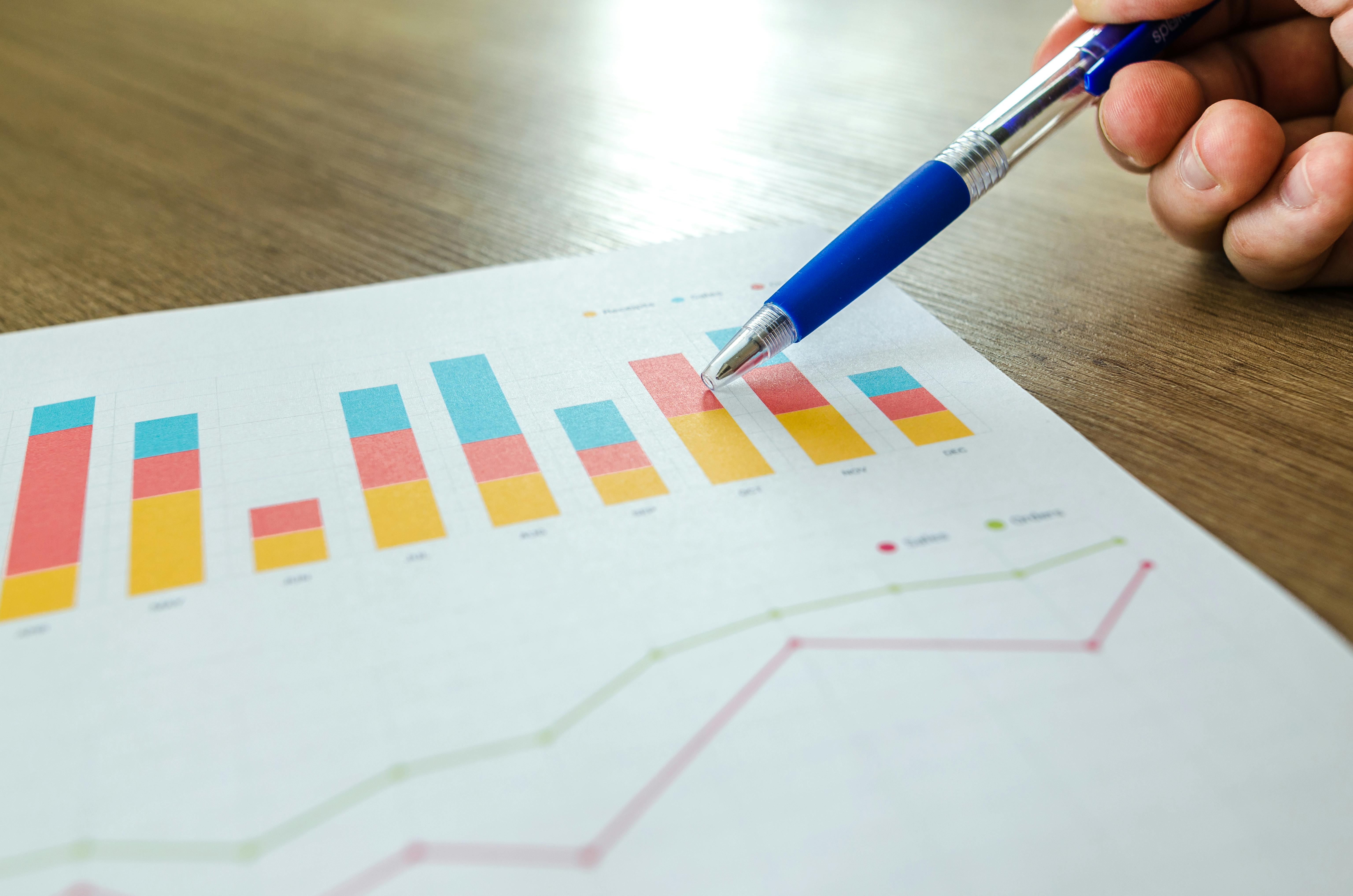
Blockchain's Revolutionary Impact on Accounting Practices: Transforming Financial Transparency and Efficiency
Blockchain's Revolutionary Impact on Accounting Practices
The Paradigm Shift in Financial Record Keeping
Blockchain technology represents a transformative force in modern accounting practices, delivering unprecedented levels of transparency, security, and real-time financial processing. Traditional accounting methodologies have long been characterized by centralized record-keeping, manual reconciliation processes, and potential vulnerabilities to fraud or human error. Blockchain introduces a decentralized, immutable ledger system that fundamentally challenges these existing frameworks.
Key Technological Advancements in Blockchain Accounting
The integration of blockchain into accounting practices enables multiple groundbreaking capabilities. Smart contracts automate complex financial transactions, reducing administrative overhead and minimizing human intervention. Each financial transaction becomes cryptographically sealed, creating an unalterable audit trail that provides instantaneous verification and unprecedented transparency.
Blockchain Accounting Protocols: Industry Leaders
| Protocol | Description | Jurisdiction | Primary Focus |
|---|---|---|---|
| Chainlink | Decentralized oracle network | United States | Financial data integration |
| Hyperledger Fabric | Enterprise blockchain framework | Global | Permissioned blockchain systems |
| Corda | Financial services blockchain | United Kingdom | Banking and financial transactions |
Global Regulatory Landscape
Different jurisdictions are developing nuanced approaches to blockchain accounting regulations. The United States Securities and Exchange Commission (SEC) has been progressively developing frameworks for blockchain financial reporting. Jurisdictions like Switzerland and Liechtenstein have emerged as blockchain-friendly environments, establishing clear legal pathways for cryptocurrency and blockchain-based financial operations.
Economic Impact and Market Trends
According to recent market research from Gartner and Deloitte, blockchain technology is projected to generate approximately $176 billion in business value by 2025. The accounting and financial services sectors are expected to experience the most substantial transformations, with estimated efficiency gains ranging between 30-50% through blockchain implementation.
Real-World Asset (RWA) Tokenization
Tokenization represents a groundbreaking application of blockchain in accounting. By converting physical and digital assets into blockchain-based tokens, organizations can create liquid, fractionally-owned assets with instantaneous transaction capabilities. This approach dramatically reduces transaction costs and increases market accessibility.
Tokenization Market Statistics (2023-2024)
| Asset Category | Total Tokenized Value | Year-over-Year Growth |
|---|---|---|
| Real Estate | $1.2 Trillion | 42% |
| Commodities | $650 Billion | 35% |
| Intellectual Property | $340 Billion | 28% |
Security and Compliance Considerations
Blockchain's cryptographic architecture provides robust security mechanisms that significantly mitigate traditional accounting fraud risks. Each transaction is recorded across multiple distributed nodes, creating an immutable and transparent financial record that can be instantaneously audited.
Future Technological Trajectories
Emerging technologies like artificial intelligence and machine learning are expected to further enhance blockchain accounting capabilities. Predictive analytics and automated compliance monitoring will become increasingly sophisticated, transforming how financial data is processed and interpreted.
RWA.codes: Your Blockchain Accounting Partner
At RWA.codes, we specialize in developing cutting-edge blockchain solutions tailored to complex financial environments. Our expertise spans tokenization strategies, smart contract development, and comprehensive blockchain integration services designed to modernize accounting practices across diverse industries.
Our multidisciplinary team combines deep technological understanding with legal expertise, ensuring compliant and innovative blockchain implementations that meet the most stringent international regulatory standards.